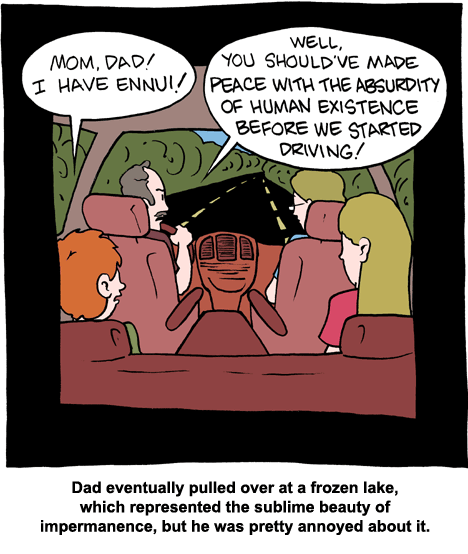Hobbes
The idea of the state of nature was developed by Thomas Hobbes in Leviathan. (1651) Hobbes viewed the state of nature as anarchic with ‘every man against every man’ and in this state he famously said that life would be ‘solitary, poor, nasty, brutish, and short.’ However, he thought that people had a natural right to preserve their own liberty or safety. People were free to do as they liked but might be willing to give up some of their freedoms in return for greater security.
Hobbes also believed that a state of nature still existed in relations between nations.
Locke
In his Second Treatise on Civil Government (1690) Locke suggests that ‘The state of Nature has a law of Nature to govern it’ and that law is reason. Locke believed that social laws arose out of reasonable desires to protect life, health, liberty and possessions. He also thought that those who broke such laws could reasonably be punished. Unlike Hobbes, who started from first principles, Locke was partly influenced by Christian theology.
Rousseau
In The Social Contract (1762) Jean-Jacques Rousseau suggested that the bad habits outlined by Hobbes were merely the products of society. Rousseau thought people in the state of nature were neither good nor bad and without either vices or virtues since they had virtually no dealings with each other. However, the conditions of nature forced people to create societies for mutual benefit via social contracts.
Hume
David Hume rejected the neutral view of human nature of Rousseau and the naturally vicious view proposed by Hobbes. He also disagreed with Locke’s reliance on reason as a source of moral behaviour. He suggested that human beings are possessed of natural moral feelings that are then developed within the family and by society.
 Empathy is the ability to recognise the feelings of another creature. Not all human beings demonstrate empathy at all times, so it is surprising to find it in the animal kingdom. The following extract is from a New Scientist article which you can read in full here. You can find out more about bonobos here.
Empathy is the ability to recognise the feelings of another creature. Not all human beings demonstrate empathy at all times, so it is surprising to find it in the animal kingdom. The following extract is from a New Scientist article which you can read in full here. You can find out more about bonobos here.
